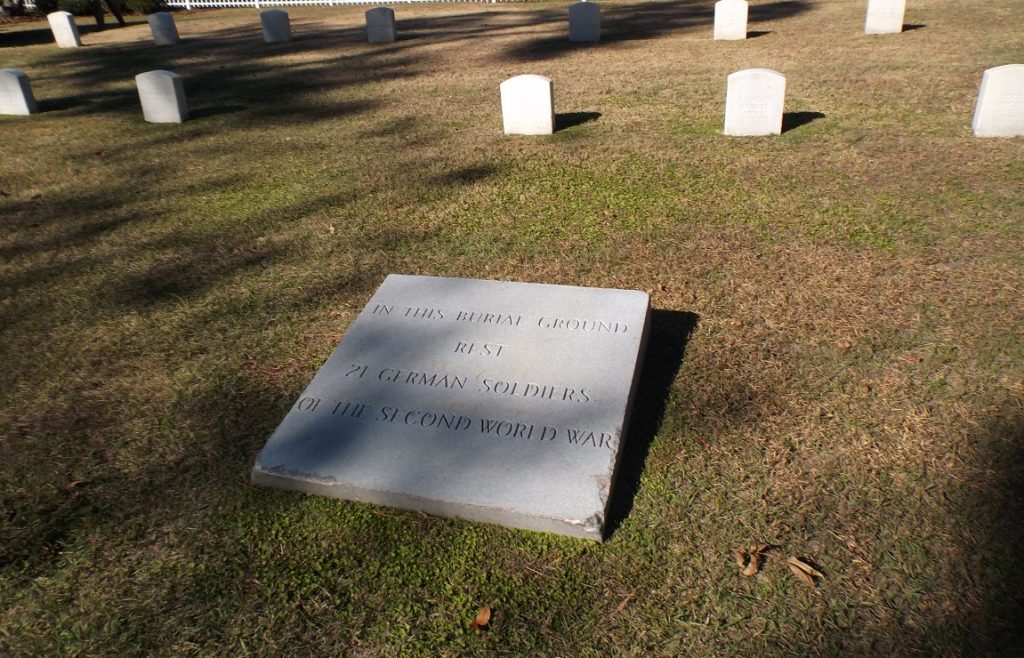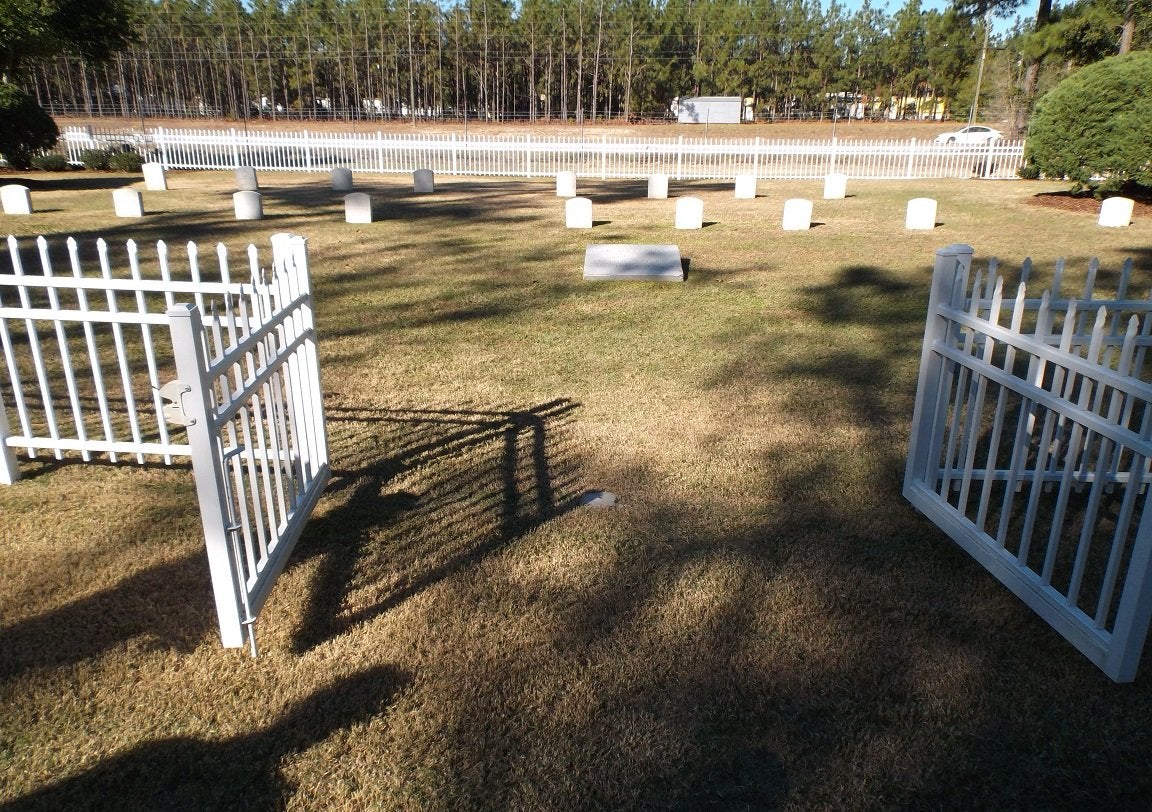Early in World War II, the Allies faced a dilemma. They were winning battles in the North African campaign and found themselves in charge of thousands of German and Italian prisoners of war. The decision was made to send them to internment camps in the United States, and some of those POWs ended up in Augusta.
When America joined the war after the bombing of Pearl Harbor, the Allies were unsure of exactly where to make their first stand against Nazi Germany and her allies. The Americans favored an immediate cross-channel invasion of Europe.
However, such an invasion was extraordinarily risky. The Nazis had fortifications all along what was then called “Fortress Europe.” Also, America was still in the early stages of mobilization and lacked the equipment and trained forces to attempt such a feat.
British Prime Minister Winston Churchill favored hitting the Axis at what he called the “soft underbelly,” in North Africa.
Not only would an African invasion work to deprive the Axis of badly needed oil, it would give the green American troops combat experience as well as buy time for American car factories to be retooled to roll out tanks and airplanes instead of Cadillacs and Fords.
[adrotate banner=”51″]
Churchill’s plan ultimately worked. The pitiful Italians proved to be anything but the “Great Roman Army,” touted by dictator Benito Mussilini, and the disaster all but knocked Italy out of the war. Even the tactical genius of German Gen. Erwin Rommel, the “Desert Fox,” could not save the African campaign.
When the guns fell silent in North Africa, the Allies found themselves in control of about 300,000 German and Italian POWs. Naturally, the deserts of Africa were no place to house prisoners, and the island of Britain, Wales and Scotland had no room for them and would be hard pressed to feed them. Britain was dependent on America to feed their own people.

According to historian Hubert van Tuyll, space to house the prisoners was the big issue, and space on Allied ships became the answer to the dilemma.
MORE: Something You Might Not Have Known: Lost Confederate Gold
American cargo ships would land in Britain full of food supplies and war materiel but would have to make the return trip virtually empty. The decision was made to fill the empty ships with POWs and transport them to the United States.
Not everyone was happy with this arrangement as people were terrified at the thought of Nazis being housed on American soil. However, the government reassured citizens that the vast majority of the prisoners were not actually Nazis, but rather simple enlisted men with no ideology other than love of country.
Indeed, those found to have Nazi connections or sympathies were segregated and placed in more secure facilities. Only a small number of the men were part of the fanatical Hitler Youth and none of them were members of the bloodthirsty Waffen SS.
The prisoners would be disembarked at ports in New York and Virginia and then fanned out into camps all over the nation. The majority of the prisoners were located in the south and southwest to keep them far away from the nation’s industrial areas to prevent the possibility of escapees committing acts of sabotage.
[adrotate banner=”55″]
For the most part, security was lax in the camps. There were two reasons for this, the prisoners were transported on trains with the windows blacked out so they had no idea where they were going or where they would end up.
The other reason is that the prisoners of the American camps were treated like they were on an extended-stay luxury vacation.
Prisoners enjoyed sumptuous meals prepared by their own cooks, had a monthly movie night, formed baseball and soccer teams, attended church and formed music groups. The prisoners were forced to work, but according to the late historian, Edward Cashin, they were paid on average 80 cents per day for their efforts, which allowed them to buy cigarettes and sometimes even whiskey.
According to many accounts, the American guards formed friendships with their captives and spent more time playing card games with them than actually guarding them at gunpoint.
The prisoners were treated so well that local civilians complained that they were forced to eat radishes and cabbage from their “Victory Gardens” while the German POWs enjoyed schnitzel and schnapps.
MORE: Something You Might Not Have Known: The USS Augusta
In his book, “The Story Of Augusta,” Cashin documented that hundreds of prisoners were kept at the Augusta Arsenal and even more at the new Camp Gordon. Most were sent out to work on farms and logging operations in Burke, Columbia, McDuffie and Aiken counties.
According to Cashin, the arsenal prisoners would be used to repair roadwork in Summerville, and occasionally a prisoner would wander off the job, only to be reported by what Cashin called “obliging housewives.”
It is not really clear what happened to all of the prisoners after the war. In the immediate aftermath, they could not be legally deported, according to van Tuyll, because Germany no longer technically existed as a country. It was, instead, composed of four occupation zones.
Also, the vanquished Germany was literally a giant pile of rubble having endured years of Allied bombing. The conquered people were starving, and adding 300,000 former soldiers would only make the problem worse.
It is likely that some eventually went back to their farms in Bavaria, and others chose to stay and forge a new life in America.
The only reminder that Augusta was home to German POWs is a small cemetery located near the former gate two on Fort Gordon where those that died while in captivity are buried. There are 21 German POWs buried there and one Italian POW buried there.
… And that is something you might not have known!
Scott Hudson is the Senior Reporter for The Augusta Press. Reach him at scott@theaugustapress.com












